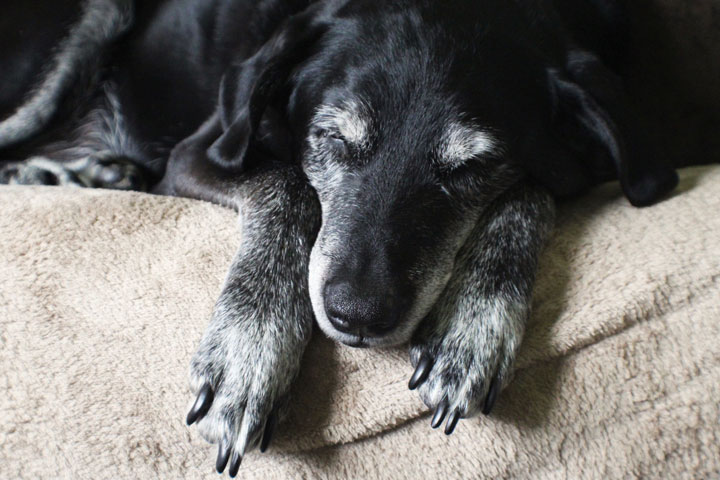As cherished members of our families, our pets bring boundless joy and companionship into our lives. However, as they age, they require special attention and care to ensure they remain happy and healthy in their senior years.
Food & Water: Pay close attention to your senior pet’s eating and drinking habits. Any changes, such as decreased appetite or unexplained weight loss, should be promptly reported to your veterinarian. These could be indicators of underlying health issues that need addressing.
Exercise: While they may not be as sprightly as they once were, senior pets still benefit from regular, gentle exercise. Tailor activities to their pace and abilities, whether it’s short walks for dogs or interactive play sessions for cats. Exercise helps maintain mobility and mental stimulation, promoting overall well-being.
Sleeping: Aging pets tend to spend more time snoozing, seeking out comfortable spots for rest. Provide them with cosy bedding in a quiet, draft-free area where they can unwind undisturbed. Keep an eye on any changes in their sleeping patterns, as disruptions could signal discomfort or underlying health issues.
Regular Check-ups: Routine health exams, including dental checks, are vital for senior pets. They are more susceptible to age-related illnesses and ailments, making regular vet visits crucial for early detection and intervention. Aim for check-ups every six months to stay ahead of any potential health concerns.
If you notice any concerning changes in your senior pet’s behaviour or health, don’t hesitate to schedule an appointment with your veterinarian. They can offer expert advice and personalised treatments to help your furry friend navigate their twilight years with comfort and joy. Prioritising their well-being ensures they continue to enrich our lives with love and companionship for years to come.




